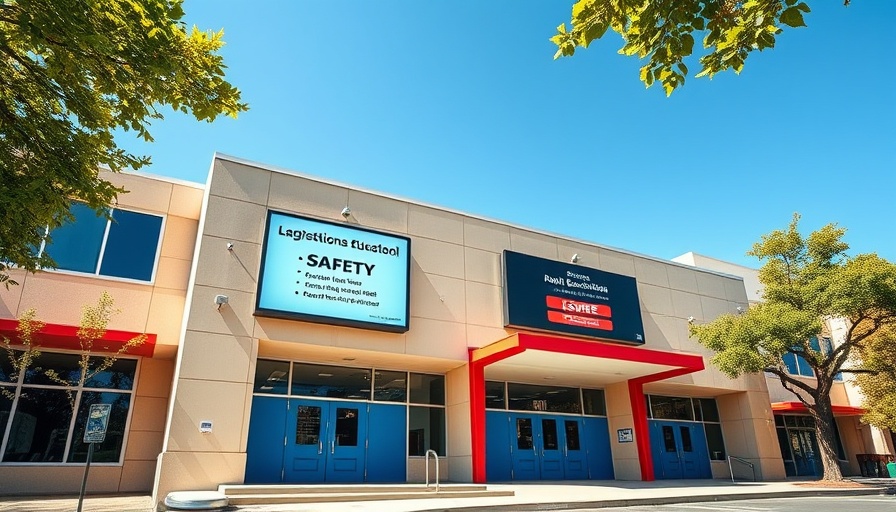
San Francisco Schools Commit to Ethnic Studies: A New Path Forward
In a significant move for educational diversity and cultural understanding, the San Francisco Unified School District (SFUSD) has confirmed that ethnic studies courses will continue to be offered in fall 2025. This decision arises shortly after an intense debate regarding the potential shelving of the program, which raised concerns among educators, parents, and students alike.
The Decision Process: Navigating Parental and Educational Opinion
Superintendent Maria Su initially considered pausing ethnic studies to reevaluate its curriculum, a suggestion that ignited fierce opposition from teachers and families. In response, educators swiftly organized a petition that garnered nearly 2,000 signatures, emphasizing the importance of maintaining the course for its educational value. This united front illustrates the strong community support for ethnic studies, which remains a one-year graduation requirement for all students unless the school board decides otherwise.
Standardizing Curriculum: Balancing Tradition and Innovation
Rather than creating a new curriculum from scratch, SFUSD will adopt a pre-packaged ethnic studies curriculum that is already in use across California. This path not only ensures that the course is implemented on schedule, but aligns with the district's commitment to quality education. The new curriculum will undergo oversight by Superintendent Su, who stated her commitment to maintaining the integrity and quality of the ethnic studies program, aimed at fostering critical thinking and cultural awareness among students.
Community Input: Ensuring Diverse Perspectives
The curriculum review process will also involve extensive feedback from families, teachers, administrators, and the school board, ensuring that diverse perspectives are valued and integrated into the teaching materials. This collaborative approach reflects a commitment to educational inclusivity, vital for addressing the various viewpoints within the district. Anna Klafter, president of the SFUSD administrators' union, voiced the importance of respecting the opinions of professionals involved in the educational process.
Challenges Ahead: Navigating Criticism and Support
Despite the community's affirming response, some parents have expressed concerns about the course's organization and the potential for bias. Critics argue that ethnic studies can verge on promoting a particular ideological stance rather than delivering a balanced educational experience. Addressing these criticisms thoughtfully within the curriculum redesign will be crucial for the district to maintain credibility and support.
Lessons from History: The Importance of Ethnic Studies
Ethnic studies programs have played a pivotal role in educating students about cultural dynamics in the U.S., offering them insights into various communities' histories, struggles, and contributions. SFUSD has been at the forefront of this movement for over 15 years, establishing itself as one of the early adopters of ethnic studies in California. The ongoing commitment to this program signals a commitment to inclusivity, fostering an environment where all students can learn from and appreciate the rich tapestry of American society.
Looking Ahead: The Future of Ethnic Studies in SFUSD
With the decision to continue ethnic studies, SFUSD is poised to move forward with both integrity and intention. Superintendent Su’s pledge to uphold quality and shared purpose in educational offerings, along with community engagement, provides a roadmap for success that could serve as a model for other districts navigating similar challenges.
The next steps for SFUSD include finalizing the ethnic studies curriculum and ensuring it reflects a holistic view of American history while fostering understanding and respect among students. As community members, educators, and administrators work together, it is vital to maintain open communication channels that honor and incorporate all voices in shaping a comprehensive and effective course.
 Add Row
Add Row  Add
Add 




 Add Row
Add Row  Add
Add 

Write A Comment